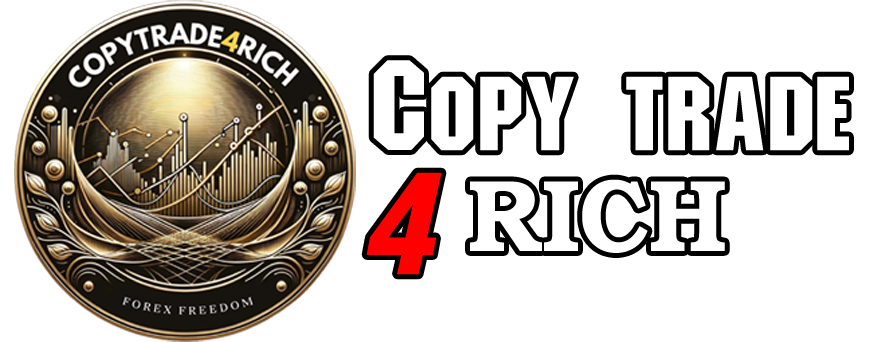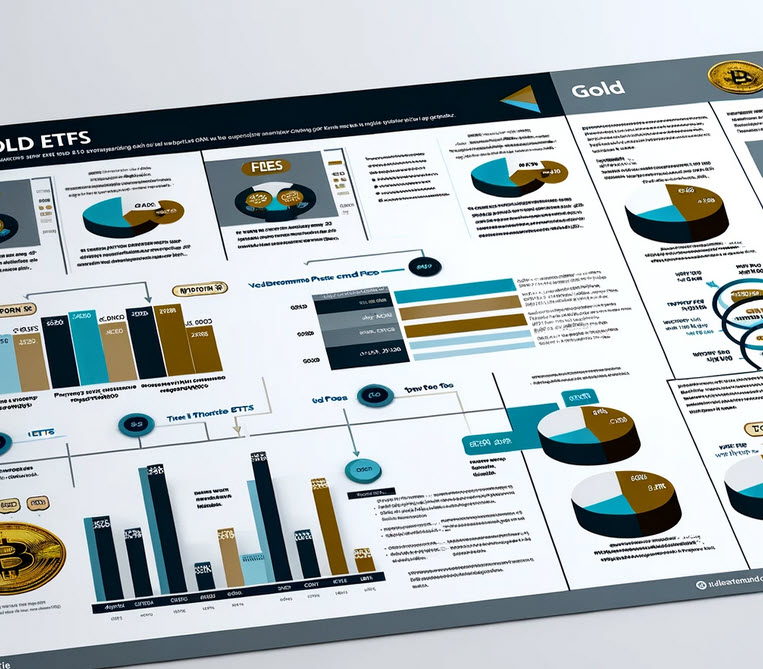Comparing Gold ETFs: A Comprehensive Review
Gold Exchange-Traded Funds (ETFs) have become a popular vehicle for investors seeking exposure to gold without the complexities of handling physical gold. This article provides a detailed comparison of various Gold ETFs, examining their features, performance, fees, and suitability for different types of investors.
Understanding Gold ETFs
Gold ETFs track the price of gold and are traded on stock exchanges much like shares. They offer a convenient way to invest in gold, providing liquidity and simplicity in buying and selling. These ETFs hold gold bullion as their primary asset, and their value is reflective of the current market price of gold.
Key Factors for Comparison
- Expense Ratios: One of the first factors to consider when comparing Gold ETFs is the expense ratio. This fee is what the fund charges for management expenses and can impact your overall returns.
- Liquidity: The trading volume of a Gold ETF affects its liquidity. Higher volume ETFs generally have lower bid-ask spreads, making them easier to trade.
- Performance History: While past performance is not always indicative of future results, it can provide insights into how well the ETF tracks the price of gold.
- Physical Gold Holdings: Some investors prefer ETFs that hold physical gold over those that track gold futures or other derivative instruments. Verify the actual gold backing of the ETF.
- Tax Considerations: Depending on your jurisdiction, different ETFs may have varying tax implications.
Top Gold ETFs Reviewed
We compare several leading Gold ETFs, highlighting their distinct features:
- SPDR Gold Shares (GLD): One of the largest and most popular gold ETFs, known for its high liquidity and close tracking of gold prices.
- iShares Gold Trust (IAU): Offers a lower expense ratio than GLD, with similarly high liquidity.
- VanEck Vectors Gold Miners ETF (GDX): Focuses on stocks of gold mining companies rather than physical gold, offering exposure to gold production.
- Invesco Physical Gold ETC: Known for holding physical gold and offering a lower cost alternative with secure storage in London vaults.
Choosing the Right Gold ETF
When selecting a Gold ETF, consider your investment goals, risk tolerance, and the specific attributes of the ETF. For direct exposure to gold prices, choose ETFs that hold physical gold. If you are looking for additional leverage or exposure to the gold mining sector, consider ETFs that include gold miners.
Conclusion
Gold ETFs offer a flexible and efficient way to invest in gold. By understanding the different features and comparing the available options, investors can select the best Gold ETF to meet their financial goals.




